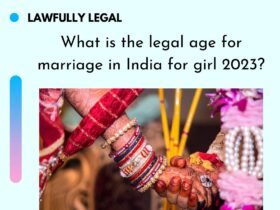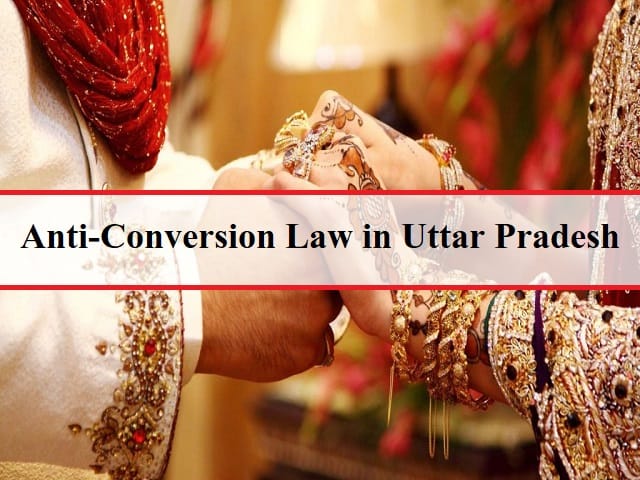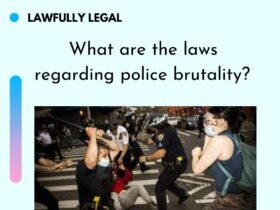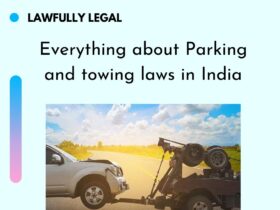Table of Contents
What is UP’s Love-Jihad law a.k.a Anti-Conversion law
What is UP’s Love-Jihad law a.k.a Anti-Conversion law? After some months of contention, the UP government has finally passed the “controversial” Love-Jihad law through an ordinance and has become the 9th state to do so. Yes, that may sound surprising that Anti-conversion law has already been implemented in 8 states. The first state to do this was Odisha in 1967, followed by Madhya Pradesh in 1968. As of now, Arunachal Pradesh, Chattisgarh, Gujarat, Himachal Pradesh, Jharkhand and Uttrakhand have also enforced some form of Anti-conversion law.
What exactly is Prohibition of Unlawful conversion of religion ordinance?
Yes, that is the name of the ordinance passed. After this law, If you want to convert to any other religion, you will have to give a 2 months notice and fill 3 forms to the district magistrate. A police enquiry will also take place to determine the cause of the conversion. All this will be under the direct supervision of the DM.
Violation of this law can land you in jail for up to 10 years. It also has a provision to give compensation up to 5 lakh rupees to the victim from the accused. All the offences under this act will be non-bailable and the burden of proof lies on the accused.
Contrary to what many people are interpreting this law to be, it is not engineered to stop inter-religion marriages. It only stops the forceful or fraudulent conversion of religion. Converting your religion to marry someone from the other faith stands banned as marriage is not considered a cause to convert.
You can conveniently marry someone from the other faith but just can’t change your religion for the sake of the marriage. If you change your religion to marry someone, or you change your religion after marrying someone, it will no longer remain an inter-faith marriage.
How did this fair in Court?
Article 25 of Indian Constitution provides freedom of religion to all citizens. So, does the Anti-conversion law violate it?
The answer is no, it does not. Article 25 allows all the citizens to practise and propogate any religion they want to but it does not empowers them with right to convert other people.
The word propagate has been used in Article 25(1) of the Indian Constitution. It only gives the right to transmit or spread one’s religion by an exposition of its tenets. So, converting someone to your religion violates the right to freedom of religion of the other person.
What are my thoughts on this?
I have been researching on this topic since a while now and I have found some grey areas in the law which the government should rectify or make clear.
Reconverting back to one’s immediate previous religion will not be considered conversion under the law. This clause seems to be indirectly targeting all the converted Muslims and giving them an opportunity to change their religion back without any hassle.
The law can only be applied to cases which will take place after the law has been implemented. Retrospective implementation of this law is not allowed but still, we have witnessed UP police opening a settled case and lodging an FIR under the new law.
On the other side, this law was badly required in UP as there were many cases that boys used to hide their identity and trick girls into marrying them. This law will surely save many girls from being a victim of this. Overall, if the implementation is right then it will be a step in the right direction.
Recent Post
- Can you sue someone for false accusations?
- Are wraps for cars and motorbikes legal in India?
- Would you kill 1 person to save 5 others?
- Is watching porn really banned in India?










Leave a Reply
View Comments